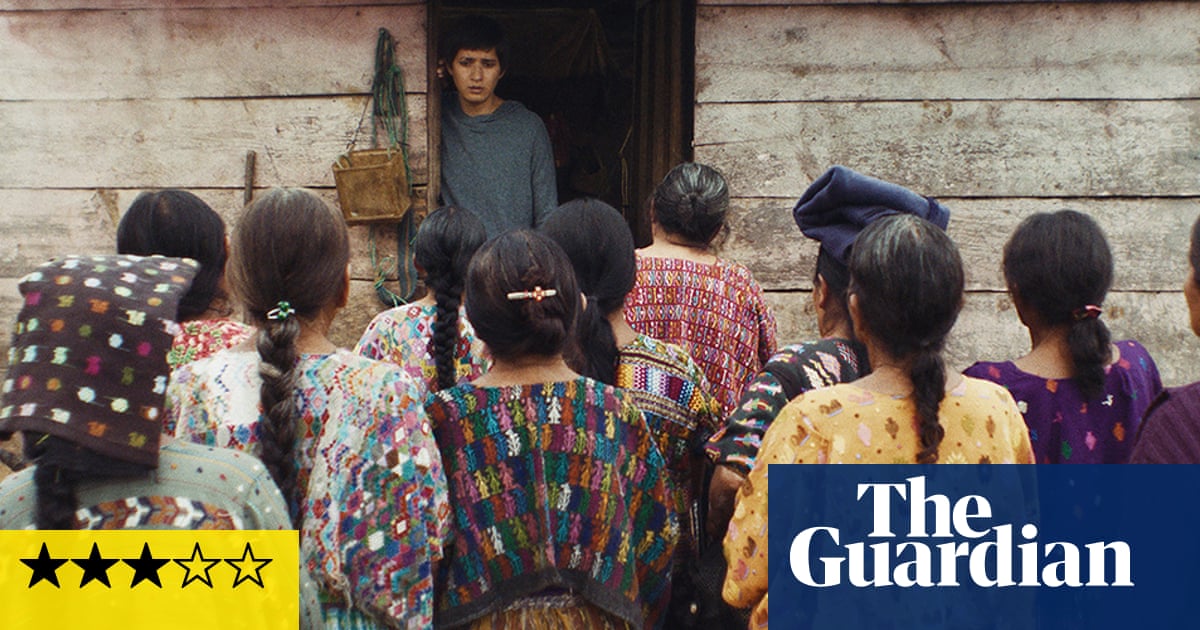Here is a thoughtful, restrained drama about one of the bloodiest periods during the long civil war in Guatemala, fought between US-backed rightwing generals and leftwing insurgents. In the 1980s, thousands of men, women and children were killed, mostly by soldiers. Our Mothers starts as a straightforward drama about families, decades later, still looking for relatives who disappeared in the massacres. But what emerges is a sensitive and moving portrait of female survivors – the clue is in the title.
In 2018, Ernesto (Armando Espitia) is a hard-working young government forensic investigator. Director Cesar Diaz follows Ernesto with a low-key documentary-like style as the young man goes about his job locating mass graves and exhuming bodies. One day, an indigenous woman, Nicolasa (Aurelia Caal), walks into his office with a familiar story: more than 30 years ago, soldiers tortured and killed the men in her farming village, then raped the women. Diaz handles the accounts of sexual violence with tremendous sensitivity, giving no more information than needed.
Nicolasa has a photograph of her husband posing with guerrillas who had visited their village shortly before the army raided. Ernesto thinks one of the men in the photo might be his father, a guerrilla who disappeared around this time. At home, his mother Cristina (Emma Dib), a paediatrician, clams up. The past is in the past; she doesn’t want to know. At her birthday party, old comrades and intellectuals sing leftist anthems. One friend is about to testify at the trial of a former soldier accused of rape, but Cristina has apparently refused to give evidence.
Between 1960 and 1996, more than 100,000 Guatemalan women were victims of rape. A more traditional “issue” drama would force a big confrontation between mother and son, but here it plays out in a lower key, in a humane film that feels deeply respectful towards the real-life survivors.







